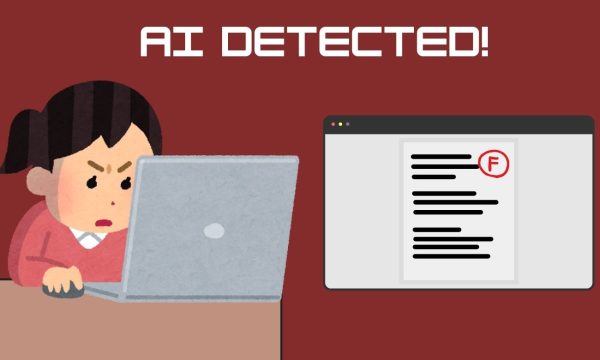The morning-after pill probably won’t kill you
What happens inside the body when taking Plan B, an alternative contraceptive to birth control, sounds a lot riskier than it actually is. Plan B, with its painfully un-ironic brand name, is a pill that can be consumed up to 72 hours after having unprotected sex to prevent pregnancy. It’s known to many as “the morning-after pill” and is a popular purchase at Chico State’s Health Center.
According to USA Today, a study showed that 5.8 million women have tried the pill at least once. It is proven to be 95 percent effective when taking it after 72 hours. Although it’s recommended to be taken after 24 hours of having unpracticed sex.
It’s offered at the Student Health Center for $32 to $47 to purchase or it’s free if the student is a member of Family PACT, a program that offers affordable reproductive health services to low income California residents. The woman who will be taking the contraceptive does not have to be the one to pick it up from the Health Center, a friend or partner can purchase it with no questions asked. It can also be purchased at Planned Parenthood for $50 to $70.
When looking up Plan B online, most of the headlines will read things like “what to expect when you take Plan B.” Which is vital information to know when putting a foreign substance into your body, but somewhere along the line emergency contraceptives developed a bad reputation. For example, the pill has been linked to claims about infertility, weight gain and depression.
This could easily be blamed on the stigma that a couple was being irresponsible by having unprotected sex but it’s important to recognize how the contraceptive works and it’s possibly adverse side effects.
Four Chico State students spoke about their experiences using Plan B. Three of them didn’t have any of the negative side effects after taking the morning after pill. All experiences were effective in preventing pregnancy.
“I’ve heard a lot of myths about how it could make you infertile or that it was generally bad for your reproductive system,” said Heather Huber, senior international major. “But the women at the health center were really helpful and told me that it was actually just more of the hormone that is used in everyday birth control (pills).”
Huber is referring to progesterone, which is the hormone that is in Plan B. It basically works by flooding the system with enough of the hormone to inhibit the ovulation from happening, according to a study done by Splinter News in 2016. This also busts the myth that Plan B is the same as getting an abortion.
Many women expressed many of the concerns about taking Plan B, but it is still used as an emergency contraceptive.
“I know it’s probably not good for you,” said Nicole Schubert, junior communications major. “I would just rather be safe than sorry.”
No contraceptive is flawless (although the IUD comes pretty close) but it’s reassuring that this method is reliable for last minute…accidents.
Nicole Henson can be reached at [email protected] or on Twitter @theorion_news.











